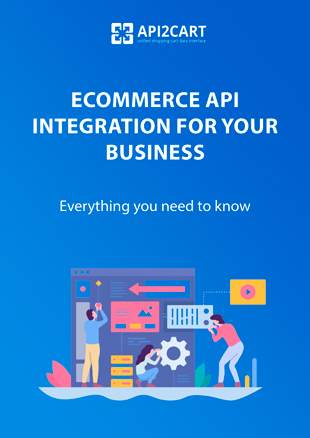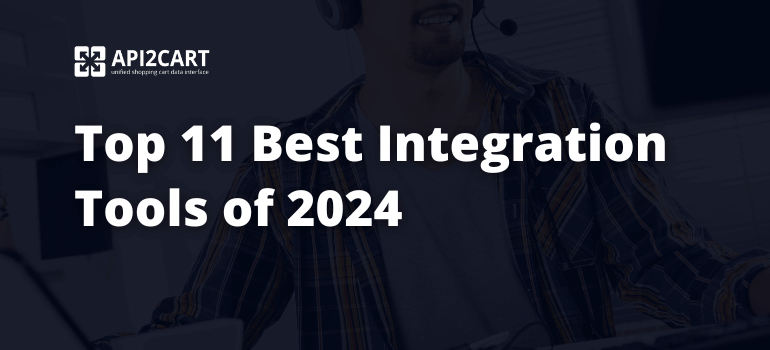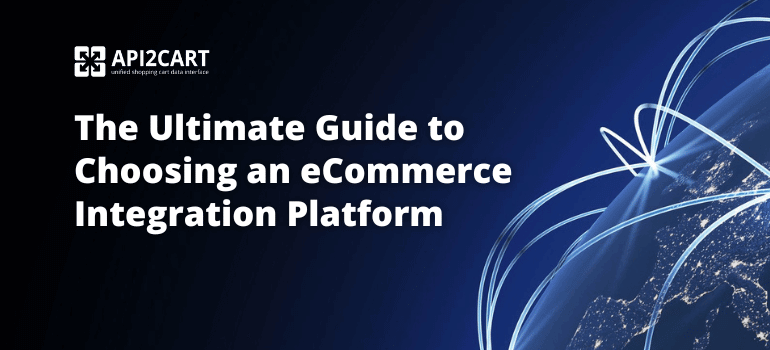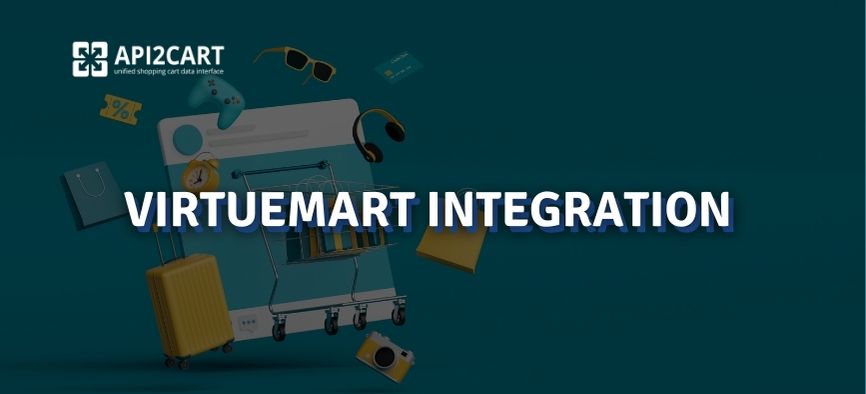
Editor’s note: Today, we are proud to present you an interview with Kin Lane, tech gypsy, API Evangelist and just a great guy. His experience and expertise in API are tremendous. In this interview, he shares with us some thoughts and insights about Application Programming Interface and its effect on eCommerce in particular.
Kin, you have been involved in technology space for over 20 years now, would you mind telling us about the beginning of your digital career? Who or what has influenced your decision to become a developer? Or was it your own choice? What was the biggest challenge along the way?
KL: My first introduction to technology was from my mother who purchased a commodore 64 for me in the early 80’s—she has always invested in me. After that, it was two separate teachers, one in the 8th grade who got a bunch of Commodore Vic 20s but knew nothing about them, so we set up the computer lab, and helped him establish a class. Then in high school, I had a math teacher, Mr. Smith who helped push me into computing, and ultimately recommended me for me first job programming for the State of Oregon in 1988.
KL: The biggest challenges along the way were access to technology, as I grew up in rural Oregon, and was pretty poor. I couldn’t afford computers and didn’t have access to much knowledge, but things changed once the Internet came out. The second challenge was being able to manage me, and be able to find a proper work-life balance, and not work too hard and get burned out.
Internet technologies are developing with the lightening speed currently and it’s getting harder to turn around in tech without stumbling upon some reference to APIs. When did you start your researches in the world of API? What are the most interesting moments that took place on your way of discovering Application Programming Interface?
KL: I started getting serious about the world of APIs in the spring and summer of 2010, while I was working at SAP, and I had a great amount of success employing web APIs over an SOA approach and knew it was something I wanted to do more of, and SAP was not the place to do this. I began researching the space, and I was hooked, four years later I’m still doing it.
KL: The first moment that triggered the importance of APIs for me was when I discovered I could use the URL for the social bookmarking service Delicious, and append XML and get back a machine-readable list of my saved links, instead of the HTML list I would get through the interface—this got me very interested, and I began paying attention to APIs more closely. The biggest shift came when Amazon introduced its S3 and EC2 cloud services, which I used as part of my efforts at SAP. Now I could deploy global infrastructure using web APIs, and this changed everything—web APIs wouldn’t be a hobby toy anymore, you could get real business done with them.
You travel a lot and take participation in various interesting API discussions, meetings and APIDays. Tell us, please, how did you come up with an idea of API Evangelism?
KL: When I was doing my research in 2010, I saw that there were lots of technical pundits discussing the merits of RESTful APIs over SOAP, and JSON over XML, and while I was suited to participate in this conversation, I saw that nobody was focused on the business of APIs. I was looking for the opportunity in the API space, and decided that this was it, and made it my mission to focus on not just the business of APIs, but also reaching out beyond Silicon Valley, and the developer echo chamber and educated normal business folks about the importance of APIs. So rather than using the developer evangelist, I chose API evangelist, where I would advocate for all APIs.
You spend a lot of time monitoring API industry in real-time, would you mind sharing with us some new trends that are emerging?
KL: The trends I’m watching closely are approaches to realtime API frameworks, the aggregation of existing APIs into new types of APIs, and what I call API reciprocity, which is an evolution of the enterprise ETL (extract, transfer, load), and is all about moving data, and content around in the cloud between platforms. These are the fastest-growing trends when it comes to APIs, but I would also add in there the ability to deploy single-page applications (SPA) using APIs, and one of the newest, and most hyped areas which are called the Internet of things (IoT) where devices are being connected to the Internet using APIs.
Currently, the usage of Application Programming Interface in eCommerce is growing with the lightening speed. With the help of API, it’s feasible to automate various online business by integrating different apps with shopping carts. Can you, please, give us your expert’s insight on API in eCommerce?
KL: eCommerce is the oldest area of web API deployments, pioneered by the API giants like Salesforce, eBay, and Amazon. You see this evolving recently with the payment API space, evolving approaches to enabling purchases in the eCommerce world with virtual currencies, and much more. Some of the other trends like realtime, aggregation, and reciprocity are also being applied to commerce, and will enable exactly as you state, and enable new ways to purchase online, and even bridge the physical world of brick and mortar retail. There are interesting cash to digital payment solutions, gift cards, and mobile payments solutions like what we just saw announced from Apple, that are going to further escalate the pace of change in the commerce space.
For non-technical merchants, API usually sounds quite terrifying and daunting. Tell us, please, what are, in your opinion, some of the major benefits that API provides vendors with?

KL: APIs are the next evolution in the web, and while merchants needed websites to deliver commerce sites from 1995 through the present, APIs are how this commerce is delivered to not only these sites, but an unlimited number of partner or affiliate sites across the web, and the latest wave of mobile applications that will be how commerce is executed in the future. Just like business leaders were trying to decide if they needed a website in 1999, businesses are wrestling with the need for an API in 2014, and by 2015 if you don’t have an API, you won’t be relevant in the growing app economy, and ultimately the underlying API economy.
In conclusion, would you mind sharing with us some general predictions about API technologies in the future? And how in your opinion it is going to affect online business in particular?
KL: Government of all sizes in deploying open data and API solutions, and this will continue to have an important effect on how business is done. Cities will be providing more opportunities for businesses to engage with city services, all the way up to the federal agencies like the Department of Commerce who will be providing vital information from Census data to regulatory data that will drive markets. All of this activity will all occur through API pipes and become increasingly critical to how the economy operates, and trends like realtime, aggregation, and reciprocity will help us realize the potential of the API economy.
P.S. Still hesitating whether to use API during profit-making? Dispel all doubts, integrate your business soft with API2Cart and receive access to 40+ shopping platforms as well as get 1 mln of potential customers at one stroke. If there are some questions to ask, schedule a FREE Consultation. Let our expert help you!



